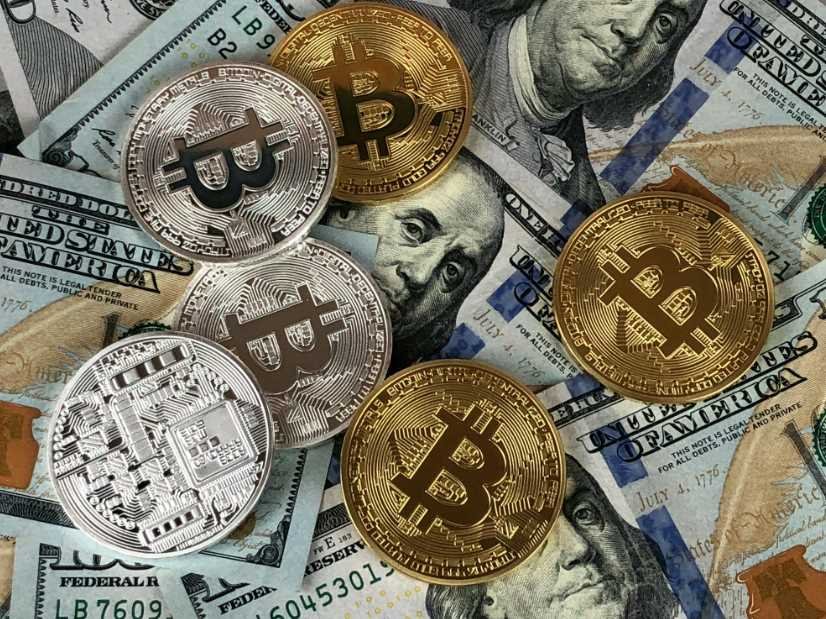By Terry Ashton, updated December 13, 2024
India has levied 28% GST on online gaming, casinos and horse racing and the issue continues to be highly debated across industries, especially in gaming and blockchain. The new rule applies to the whole value of the transaction, which may be a pan-India implication for digital platforms offering services like free spins no deposit India. While the tax will be a problem, it also indicates opportunities for blockchain platforms to use their technology to show compliance and innovation.
Understanding the 28% GST and Its Scope
The 28% GST on online gaming recasts the tax architecture in India, aligning online gaming with gambling and betting categories. Unlike the earlier system, where only platform fees or commissions were taxed, the new approach taxes the gross transaction value. This adjustment is part of the government’s broader strategy aimed at increasing revenue from the fast-growing digital gaming sector that has seen a surge in user engagement post-pandemic.
While the government is trying to effectively regulate and tax these platforms, critics note that equating skill gaming with gambling may hamper innovation and discourage investment in the space. More particularly, this tax policy challenges cryptocurrency-based gaming platforms with questions regarding how decentralized systems and digital transactions fit within traditional tax frameworks.
Blockchain and Cryptocurrency in the Gaming Ecosystem
The blockchain has become an integral part of most online gaming in the form of enhanced transparency, increased security and decentralization. Cryptocurrencies are generally used in making in-game purchases and enabling transactions, hence integral in the ecosystem. However, the 28% tax rate raises several challenges for blockchain-enabled platforms, especially those operational in India.
For those gaming platforms that offer services like “free spins no deposit India,” the increased tax burden will perhaps be a reason for operational change. Most of these platforms have attracted users by providing transparent systems powered by blockchain to ensure fairness in gameplay and reward users effectively. With the tax increase, the platforms might need to revisit their pricing or find partners to keep their user base intact.
Potential for Blockchain to Aid Compliance
The good news is that blockchain technology has at least some tools to help gaming platforms adapt better to the regulatory environment. Smart contracts, for instance, allow for the automation of some processes related to compliance: they enable correct tax deductions, report in real-time to authorities and reduce administrative overhead.
It also allows the tokenization of gaming assets via blockchain. On this count, through the creation of digital tokens in the purview of Indian regulations, platforms can provide a unique offering while remaining compliant with the law. Such tokens could further act as a bridge to both conventional gamers and crypto gamers in their own traditional and blockchain-based gaming, respectively.
Implications for the Cryptocurrency Ecosystem
The GST regulation has a broader implication than just gaming, as it affects the cryptocurrency ecosystem, too. Since many of these gaming platforms use cryptocurrencies for trading, the increase in the tax rate might reduce the transaction volumes, thereby eventually impacting the liquidity and adoption rates in the Indian market.
On the other hand, this hopefully will bring about clearer tax litigation and, in turn, inject confidence into investors and online platforms. By providing a clearer regulatory definition of cryptocurrencies within this gaming context, India is allowed to take the lead worldwide in a topic area that most developed countries are still coming to terms with. Such certainty could invite greater institutional participation to more broadly mainstream the asset class across various industries at large.
Opportunities Amidst Regulatory Challenges
While the GST has a lot of challenges, it provides a certain opportunity for innovation. Thus, any platforms that can show the element of compliance while keeping ease of use for the user are likely to create an advantage over others. The transparency provided by blockchain could be a great strength in building trust among users and regulators.
Other risk-reducing strategies might include collaborations between pure blockchain-based gaming platforms and established gaming companies. Such joint ventures could pool resources to better understand and navigate the regulatory environment and reach an even wider audience.
The Future of Blockchain in India’s Gaming Industry
It showcases that the billion-dollar Indian gaming market is indeed a large opportunity for blockchain and cryptocurrency; however, the success of the same in blockchain gaming may lie in how well such gaming platforms fit into the ever-changing regulatory environment.
By using blockchain, the possibilities that these platforms have to set benchmarks in compliance, transparency and innovation for the digital gaming revolution are immense. Also, as users and investors start to be clear about the tax treatment of cryptocurrencies, regulatory developments in India might finally start opening their doors to more robust and inclusive growth.
Conclusion
This 28% GST levy by the Government of India on online gaming has indeed marked a high point in the calendar of both the gaming and blockchain industries. Such platforms providing services like “free spins no deposit India” would have to manage increased tax obligations while capitalizing on blockchain for the advancement of better compliance and transparency. While challenges persist, the pace of innovation and growth opportunities remains high. As India continues to firm up how it’ll tax digital transactions, it could be blockchain-based gaming platforms that will set standards in this space for their industry at large.
